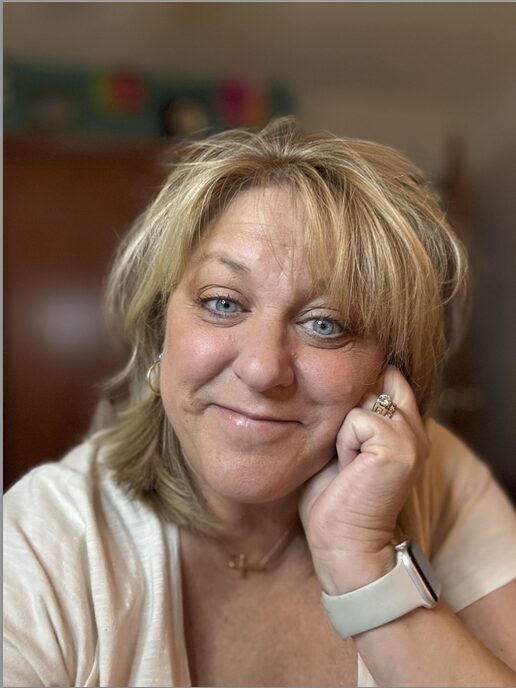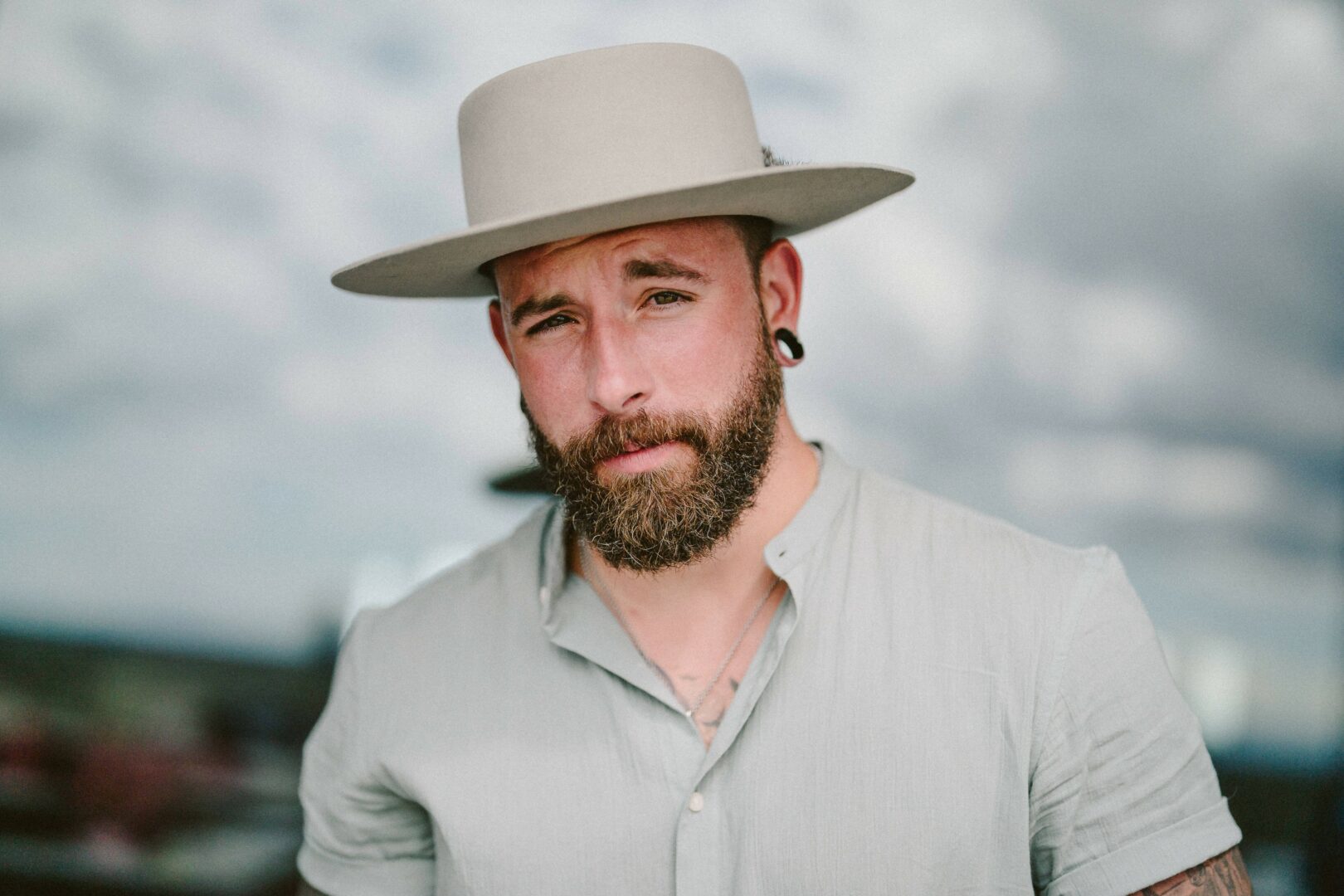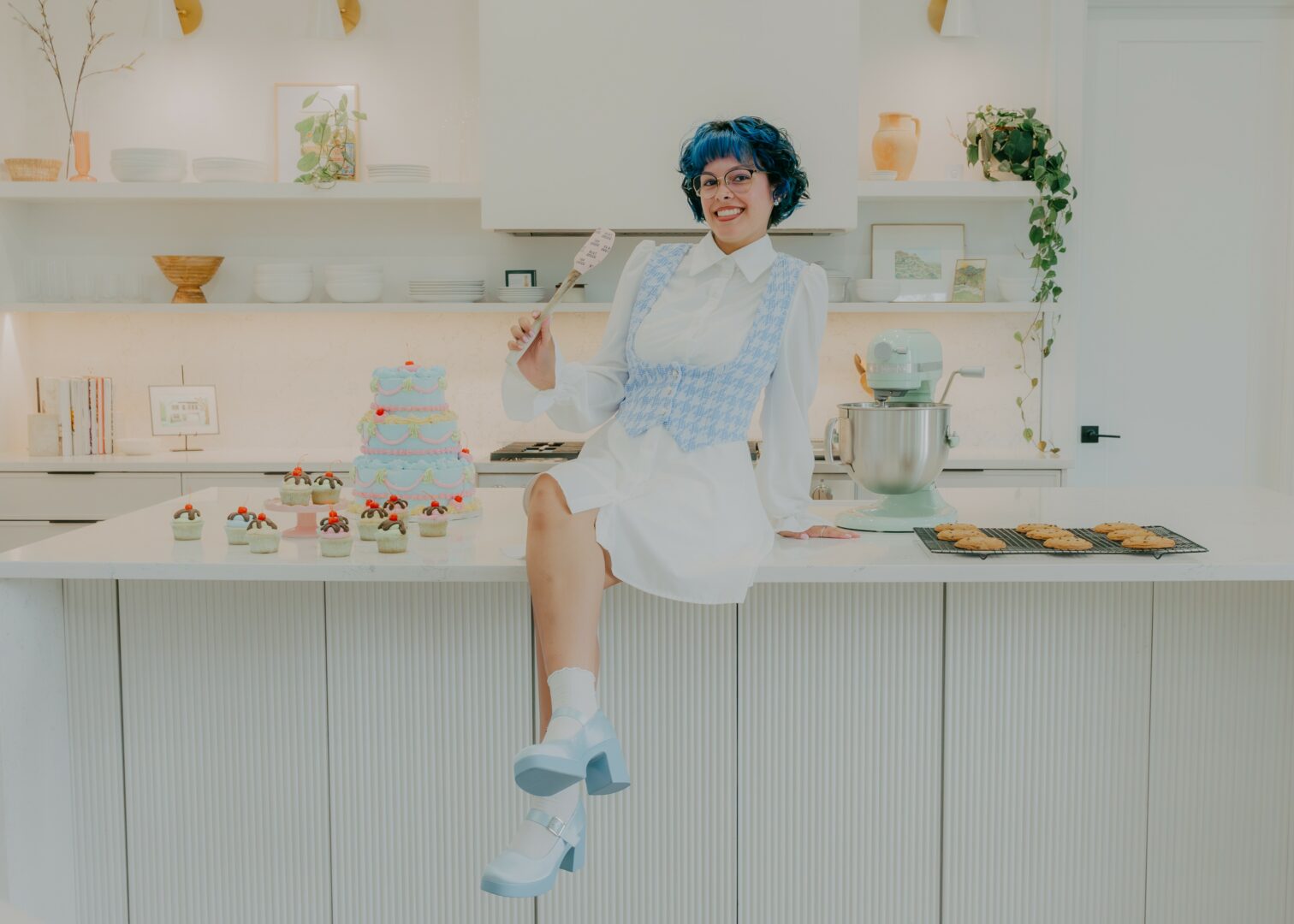We caught up with the brilliant and insightful Kim Mosiman a few weeks ago and have shared our conversation below.
Kim, so great to be with you and I think a lot of folks are going to benefit from hearing your story and lessons and wisdom. Imposter Syndrome is something that we know how words to describe, but it’s something that has held people back forever and so we’re really interested to hear about your story and how you overcame imposter syndrome.
I’ve overcome imposter syndrome—not by pretending I have it all figured out, but by telling the truth anyway.
It’s tempting to believe the only people who belong on stages or social media feeds are the ones who’ve “arrived.” But for me, imposter syndrome isn’t something I conquered once and for all—it’s something I’ve learned to walk with, wrestle with, and talk back to. And more often than not, I do that by telling the truth as I go.
When the voice of doubt whispers, “Who are you to do this?”—I don’t always silence it. I’ve learned to bring that voice into the light. Sometimes, through a conversation with my husband over dinner. Other times, it’s a quiet exchange between a trusted friend and me, spoken in a safe space where no one expects perfection. Often, it’s a prayer I barely know how to form.
I tell stories about my health struggles, about days when my faith is flickering, or about the fears that sometimes show up unexpectedly. And oddly enough, those are the stories that seem to draw others in the most.
Imposter syndrome says, “Don’t speak until you’re perfect,” but I’ve learned to say, “Let’s talk while we grow.”
Another shift came when I stopped measuring my worth by numbers—on the scale, on social media, or in book sales. I began choosing purpose over performance, and faithfulness over followers. It hasn’t always been easy. As a coach, author, and podcast host, I know the temptation to equate visibility with value. But I’m learning (and re-learning) that consistency matters more than virality.
And when the likes are low and the doubts are high, I come back to what I know: obedience is the win. If I’m showing up where God has asked me to be—whether five people are listening or five thousand—I’m doing enough.
And sometimes, when the old narratives creep back in, I find healing in helping others tell their stories. Through Reflections of Joy, The Whole Woman Podcast, and coaching new authors through Writer-2-Writer, I’ve poured my energy into reminding women they’re seen, loved, and called. In the process, I’ve heard the truth echo back to me.
We often teach what we’re still learning. I’ve witnessed countless women rise from self-doubt and shame into confidence and clarity, and I cheer them on as I continue to preach those same truths to myself.
Here’s what I’ve come to believe: Imposter syndrome doesn’t have the final word unless we let it. We don’t have to fake it. We don’t have to wait until we’re polished or perfect or published. We just have to show up and tell the truth.
Because in that raw, brave honesty, there’s connection and there’s purpose.
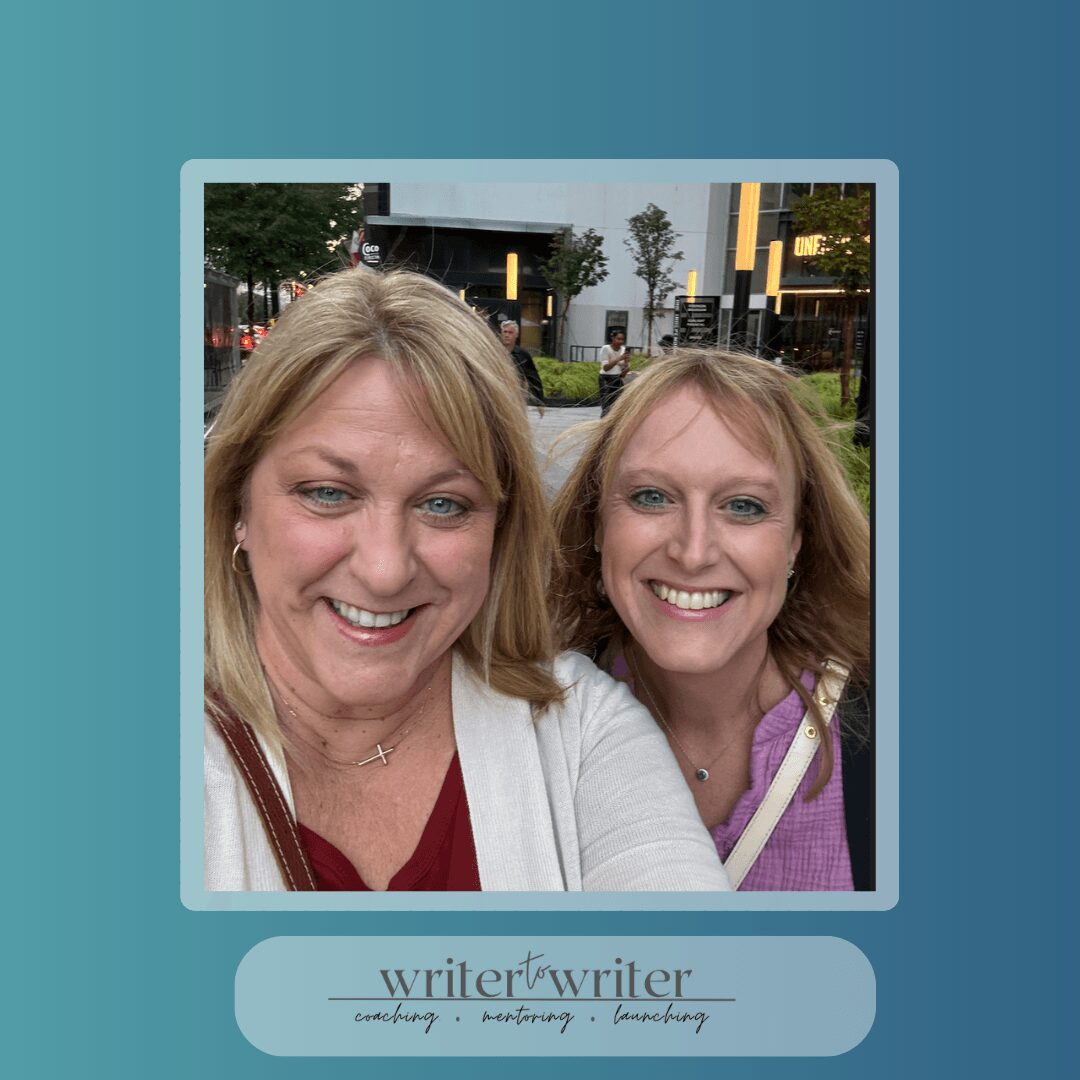
Let’s take a small detour – maybe you can share a bit about yourself before we dive back into some of the other questions we had for you?
I’ve lived a full and beautiful life—one I’m incredibly grateful for. I’ve owned businesses, raised two wonderful sons, traveled the world with my husband, and never stopped learning about myself, others, or God. Every season—whether filled with joy, uncertainty, growth, or grief—shaped me and gently guided me toward the work I now know I was always meant to do.
Today, I’m living my calling as a coach. Whether I’m writing a book, guiding a client through a launch, being “Mom” or “Nana,” or simply holding space for another woman’s story, I know I’m exactly where I’m meant to be.
After years of navigating the twists and turns of my own second act—facing burnout, rediscovering my faith and my health, and publishing my first book—I found myself drawn to other women who were on the verge of something new. Some were writing books, some were reclaiming their health, and others were simply trying to remember who they were outside of their roles of wife, mother, or employee.
I saw myself in every one of them.
That’s what led me to co-found Writer-2-Writer Coaching & Launch Services, where we help writers become authors and authors launch without stress. We don’t just edit manuscripts or build launch plans (though we do those things, too). We walk beside women with something meaningful to say and help them say it well, without losing their voice or sanity.
What I find most exciting about this work is the transformation that happens—not just in their platform, but in their sense of purpose. I get to witness the moment a woman goes from “Maybe I can write a book” to “My words matter.” That shift? It’s so, so good.
Alongside that, I co-host The Whole Woman Podcast with my friend Rachel Lavin. We talk about the emotional, physical, spiritual, and relational pieces of wellness, because women deserve to be nourished in all areas of life. Whether we’re sharing personal stories or interviewing guests in the future, our goal is always the same: to remind women they are worthy of living a good life—without restriction or regret.
I’m also writing my second book, What I Wish I’d Known—a prequel of sorts to Reflections of Joy, written for my readers who want to build better relationships with the younger women in their lives. It’s filled with short, grace-filled chapters on faith, body image, community, purpose, and the lies we wish we’d stopped believing sooner.
At the heart of everything I do is this belief: God can use your story—especially the parts you thought were too broken, too boring, or too late. Whether I’m speaking to a room of women, coaching a client, or sharing a post online, I want to be a gentle nudge toward joy, freedom, and obedience.
And if I can remind even one woman that she’s not alone in this journey?
Then it’s a good day.
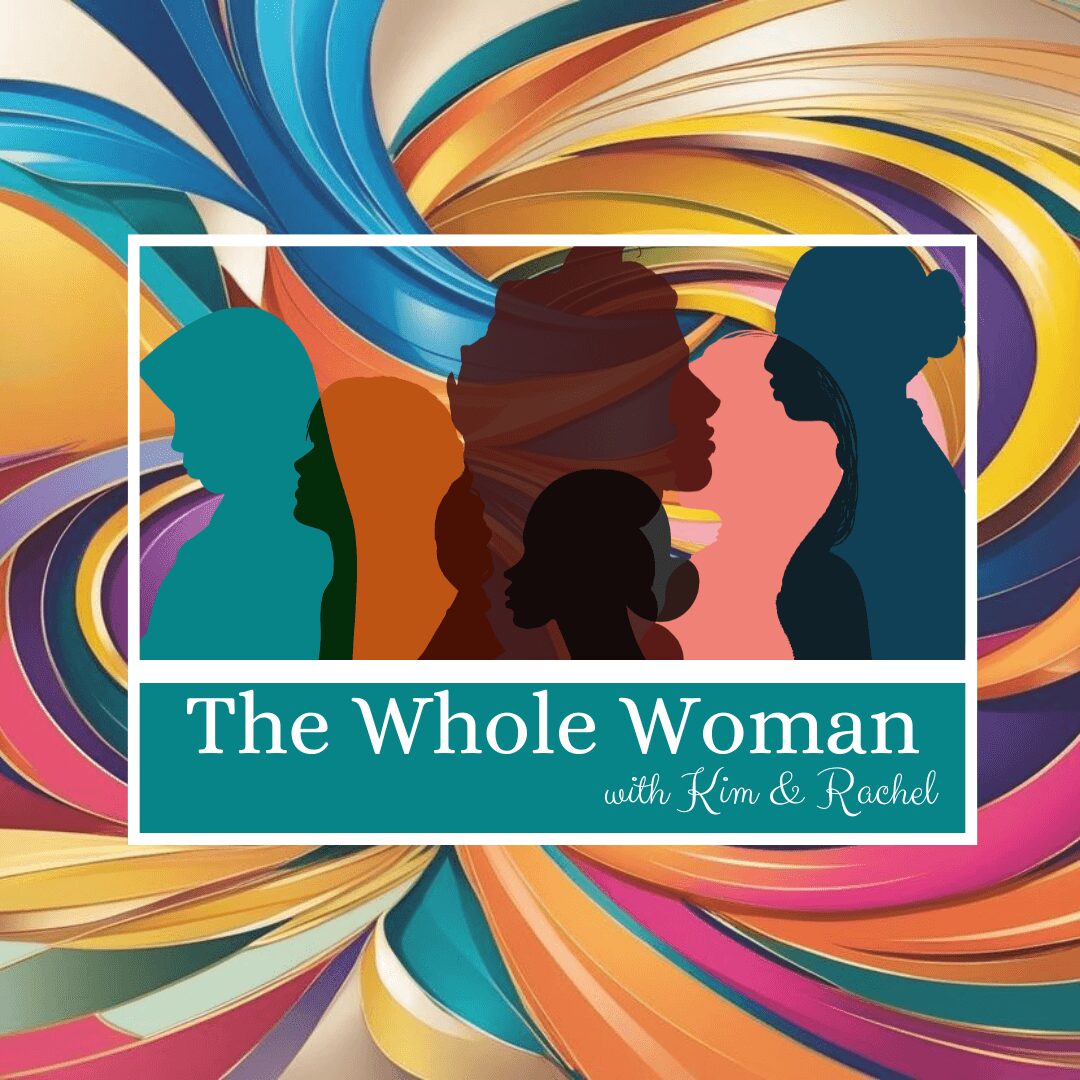
Looking back, what do you think were the three qualities, skills, or areas of knowledge that were most impactful in your journey? What advice do you have for folks who are early in their journey in terms of how they can best develop or improve on these?
Looking back, I can see that the most impactful parts of my journey weren’t just the certifications or experiences, but the qualities I developed along the way. These weren’t things I mastered overnight, and I’m still growing in each of them. But they’ve shaped how I lead, how I love, and how I show up in my work today.
Curiosity: There were so many times I could have shut down when I didn’t feel “as polished” or “as experienced” as someone else. But instead of letting comparison paralyze me, I leaned into curiosity. I asked questions, read books, took courses, and talked to people further down the road. Curiosity gave me permission to be a learner, not a critic (especially not a critic of myself).
My advice to others would be to stay teachable. Let your insecurities be a signal to explore, not a reason to retreat. The more you learn, the more confident you become, and the more authentic your work will be.
Resilience: I’ve reinvented myself more than once—as a business owner, personal trainer, SAH empty nester, author, and coach. Each time, it felt like I was starting over. But with every shift, I learned how to carry the lessons forward and leave behind what no longer served me.
I like to encourage others not to be afraid to pivot. Your past chapters are not wasted—they prepared you for what’s next. Keep showing up, even when it feels messy. You don’t need a perfect plan to begin again.
Courage: This one was the hardest. Writing a book, launching a podcast, and coaching women through vulnerable seasons required me to step out from behind the curtain. I had to believe that my voice mattered and that someone, somewhere, might need to hear what I had to say.
Start small—but start. Share the story you’ve been carrying. Speak with kindness and honesty. The courage to be seen doesn’t mean shouting louder—it means standing in the light with your whole self, even if you’re afraid.
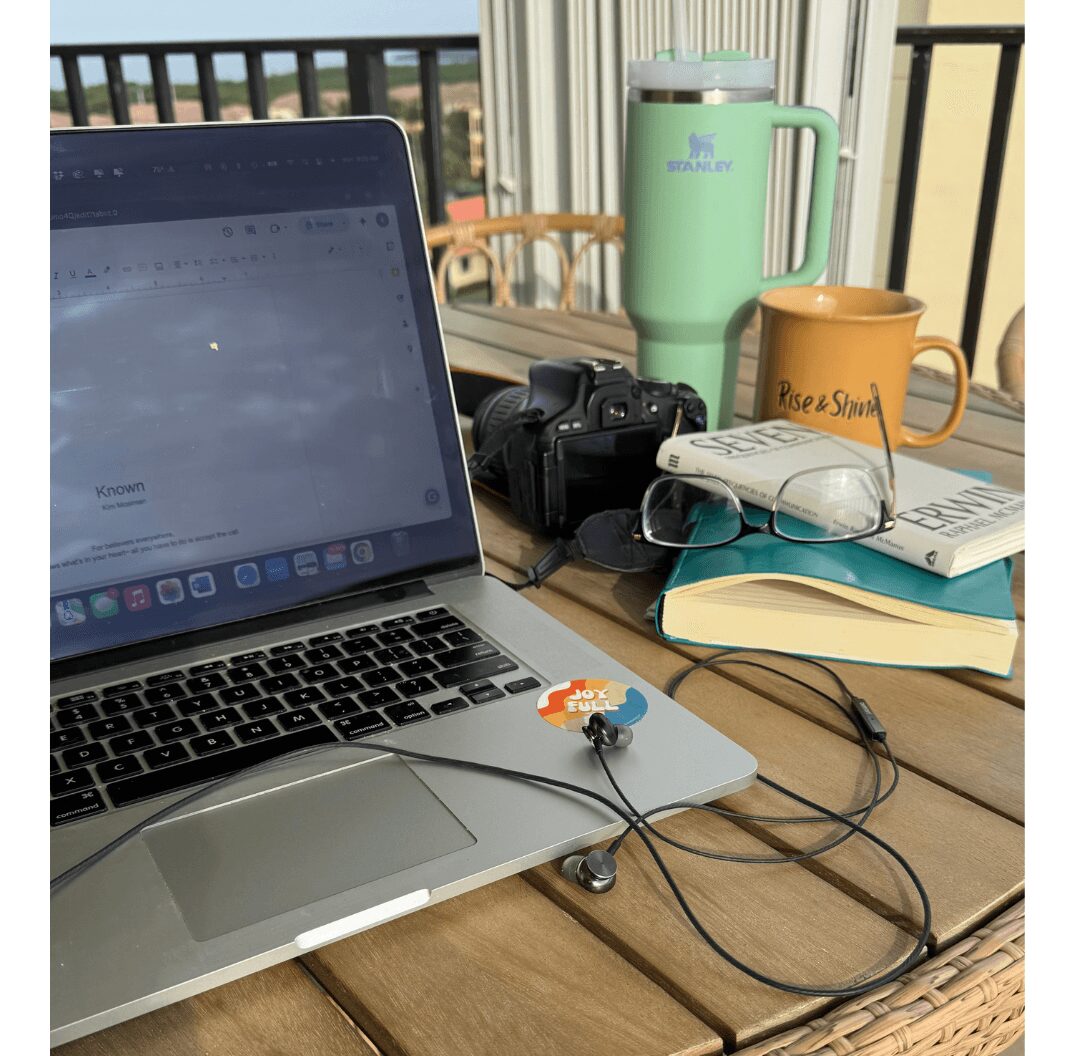
What is the number one obstacle or challenge you are currently facing and what are you doing to try to resolve or overcome this challenge?
If I had to name the biggest challenge I’m currently facing, it’s this: too many good opportunities and not enough space to steward them all well.
It’s a blessing to be invited into meaningful work—whether it’s a coaching relationship, a book collaboration, a speaking event, or a new creative project. And yet, every “yes” requires time, energy, and heart.
I’m in a season of life where I also crave margin. I want to travel with my husband, play with my grandkids, take walks without a time limit, and enjoy the quiet gifts of this stage of life.
But here’s the problem: I want to be fully present for every woman I coach. I care about each of them and don’t want to cut them short. So sometimes, I say yes to too many things out of a desire to serve well—and ironically, that can pull me away from the slow, intentional life I long to lead.
Right now, I’m actively learning how to discern the difference between a God-nudge and a shiny object. I’m practicing saying “yes” only when I know I have the capacity to show up wholeheartedly, and “not now” when something good isn’t the best for this season.
I’m also learning to trust that if God called me to this work, He’ll sustain it—even if I take a nap, go on vacation, or close my laptop for the weekend.
Because I don’t just want to coach women into fuller, freer lives.
I want to live one, too.
Contact Info:
- Website: https://KimMosimanWellness.com
- Instagram: https://www.instagram.com/kim_mosiman
- Facebook: https://www.facebook.com/kim.mosiman
- Youtube: https://www.youtube.com/@WholeWomanPodcastwithKimRach
- Other: https://www.writer-2-writer.com
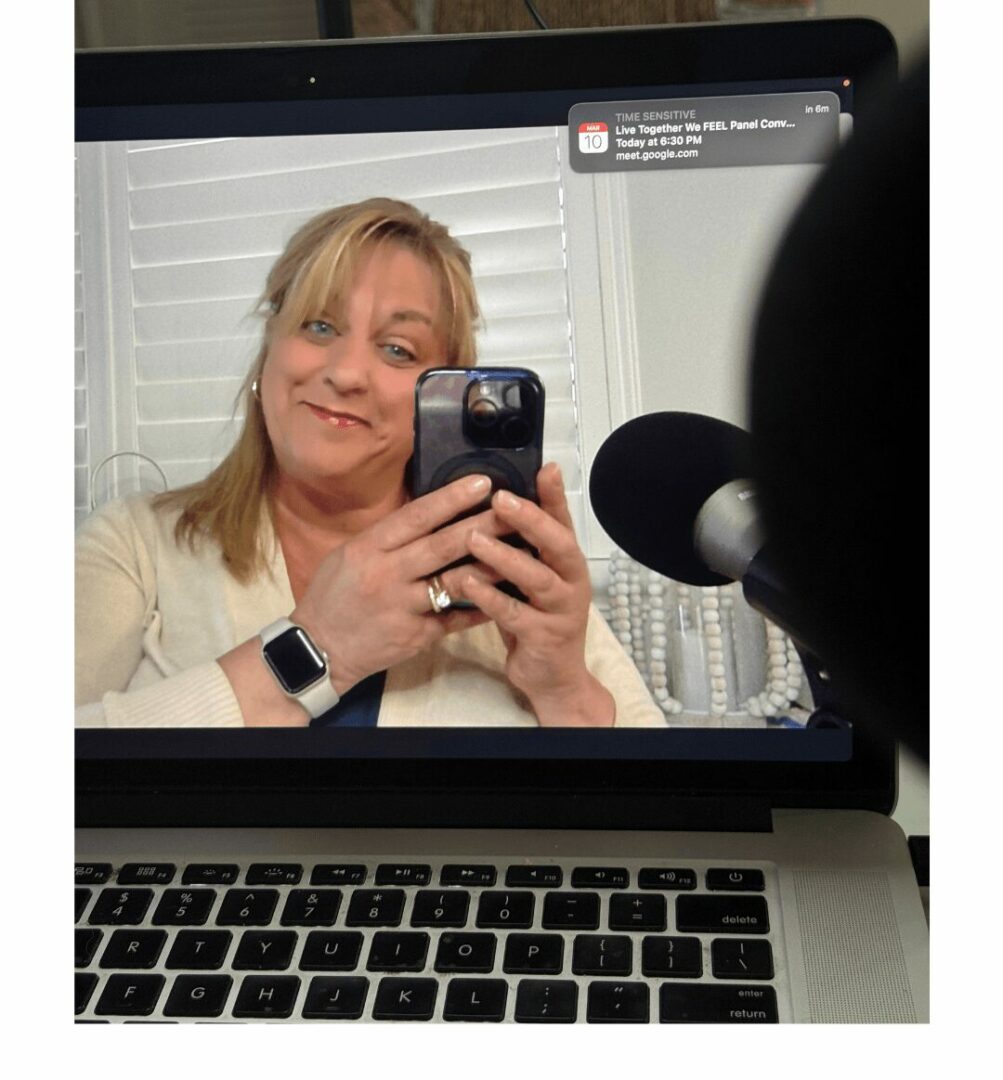
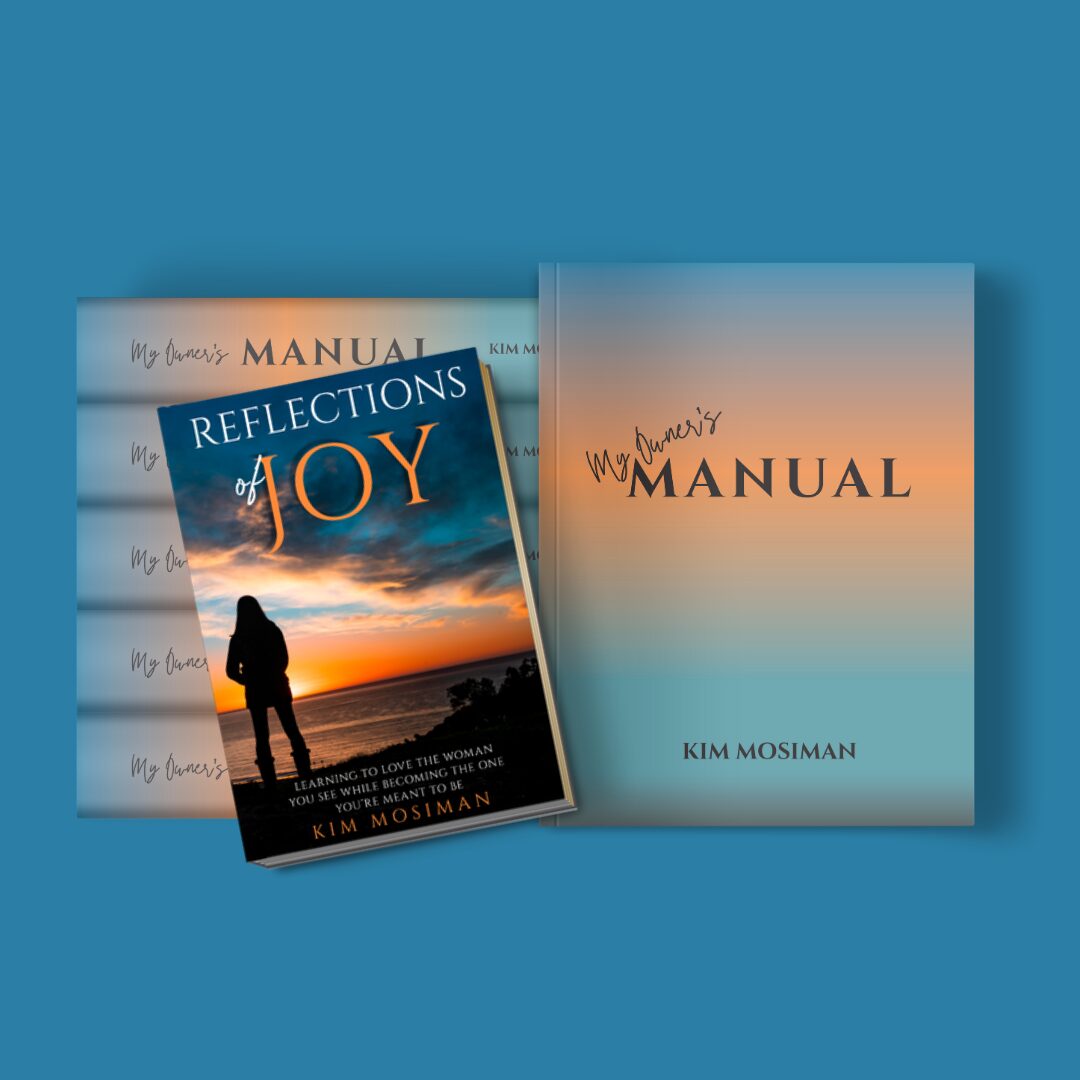
Image Credits
All images credit Kim Mosiman
so if you or someone you know deserves recognition please let us know here.

